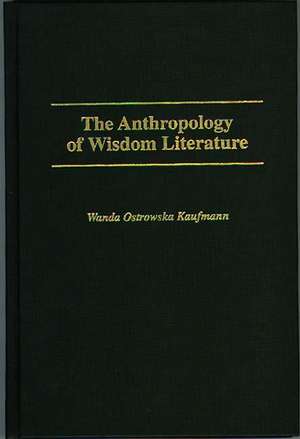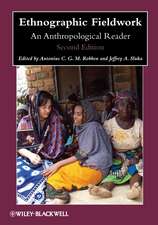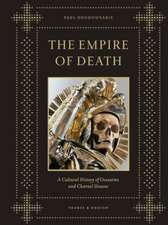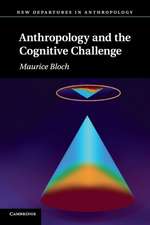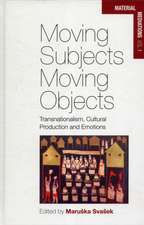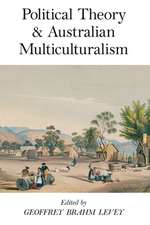The Anthropology of Wisdom Literature
Autor H. W. Kaufmannen Limba Engleză Hardback – 12 sep 1996 – vârsta până la 17 ani
Preț: 363.73 lei
Preț vechi: 501.64 lei
-27% Nou
Puncte Express: 546
Preț estimativ în valută:
69.60€ • 74.43$ • 58.03£
69.60€ • 74.43$ • 58.03£
Carte tipărită la comandă
Livrare economică 18 aprilie-02 mai
Preluare comenzi: 021 569.72.76
Specificații
ISBN-13: 9780897894722
ISBN-10: 0897894723
Pagini: 184
Dimensiuni: 156 x 235 x 14 mm
Greutate: 0.44 kg
Ediția:New.
Editura: Bloomsbury Publishing
Colecția Praeger
Locul publicării:New York, United States
ISBN-10: 0897894723
Pagini: 184
Dimensiuni: 156 x 235 x 14 mm
Greutate: 0.44 kg
Ediția:New.
Editura: Bloomsbury Publishing
Colecția Praeger
Locul publicării:New York, United States
Notă biografică
WANDA OSTROWSKA KAUFMANN is Visiting Assistant Professor at Our Lady of the Lake University and a Lecturer at the University of Texas, San Antonio. Born in Germany, she is of Polish descent and was raised in Addis Ababa, Ethiopia, and speaks six languages fluently. Her research involves applying anthropological and archaeological methodologies and theories to the study of literary texts, writers, and readers. Dr. Kaufmann received her PhD in Medieval Spanish Literature from the University of Texas at Austin and is currently Visiting Assistant Professor at Our Lady of the Lake University and a Lecturer at the University of Texas at San Antonio.
Cuprins
Foreword by Madeline SutherlandIntroductionMorphology of the ExemplumTypology of the ExemplumOriental RootsFrom the Vedas to the EpicsFrom the Upanishads to the Brhat-KathaThe Derivatives of the Brhat-KathaClassical RootsFrom Homer to AristotleHellenistic CollectionsFrom Phaedrus to AvianusThe Exemplum in Medieval EuropeFrom the New Testament to Caesarius of ArlesRevival of the CollectionsFrom Juan Manuel to BoccaccioFunctions of the ExemplumIntra-Textual FunctionsExtra-Textual FunctionsConclusionBibliographyIndex
